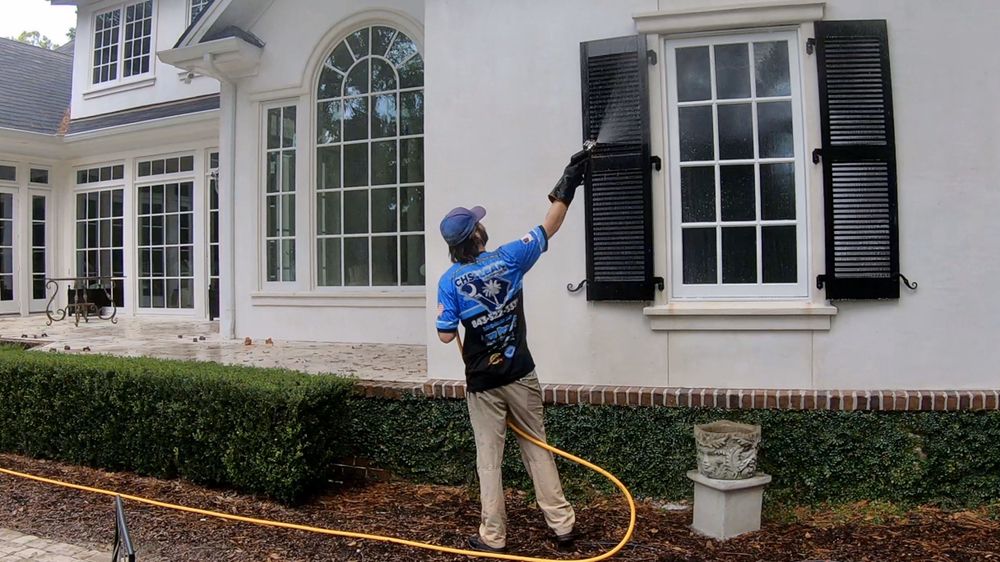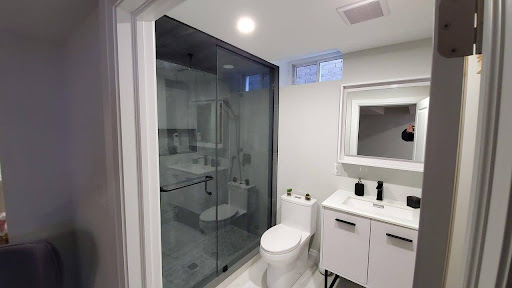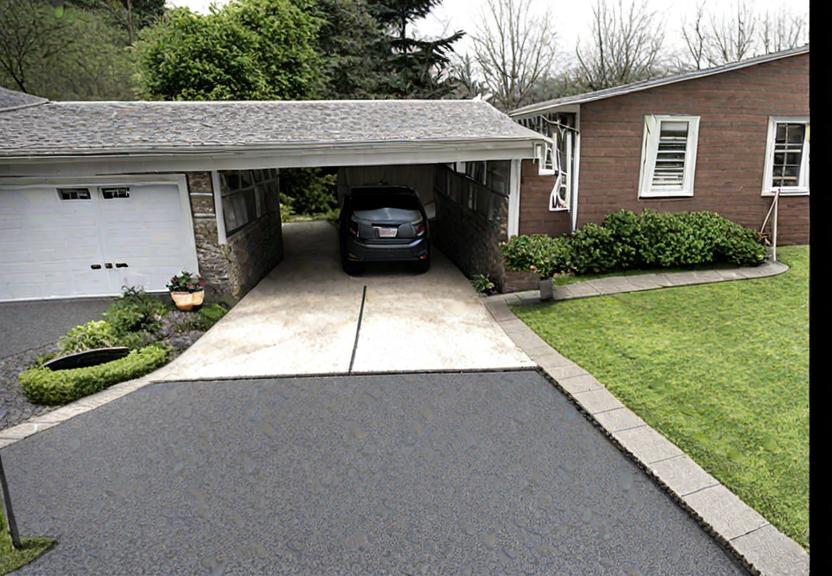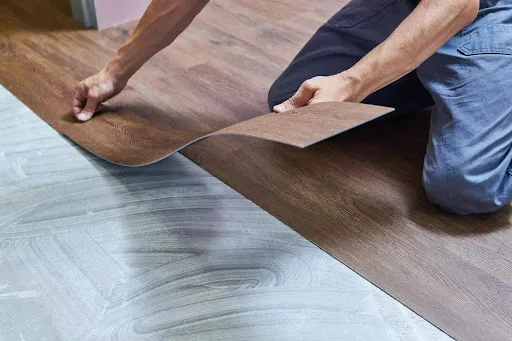As a responsible homeowner, maintaining your house’s appearance and structural integrity is crucial. Regular maintenance enhances curb appeal and protects your investment from potential damage. Soft washing is a gentle and effective method to clean delicate exterior surfaces without causing harm. In this article, we will explore the signs that indicate your house needs soft washing, the benefits of this cleaning approach, and how it can help you preserve the beauty and value of your property.
Table of Contents
Understanding Soft Washing
Before delving into the signs suggesting soft washing, it’s essential to understand what this cleaning method entails. Soft washing is a low-pressure alternative to traditional pressure washing, making it ideal for cleaning more delicate surfaces such as painted wood, stucco, vinyl siding, and roofs. Unlike pressure washing, which uses high-pressure water to blast away dirt and grime, soft washing combines specialized cleaning agents and low-pressure water to effectively remove contaminants without causing damage.
One of the significant advantages of soft washing is eco-friendly cleaning agents. These biodegradable solutions effectively eliminate mold, mildew, algae, and other stains while being safe for the environment, your family, and your pets.
Visible Dirt and Stains
One of the most obvious signs that your house needs soft washing is the presence of visible dirt, grime, and stains on the exterior surfaces. Over time, dust, pollution, and airborne particles settle on the house, leading to a dull and dirty appearance. These unsightly accumulations can negatively impact the curb appeal and make your property look neglected.
Mold and Mildew Growth
The presence of mold and mildew on the house exterior is not only unsightly but also poses health risks. Mold and mildew thrive in moist environments and can quickly spread across various surfaces, causing damage and triggering respiratory problems in occupants.
If you notice black or green patches on walls, siding, or roofs, mold and mildew are likely taking hold. Soft washing effectively eliminates these biological contaminants, prevents their regrowth, and ensures a healthier living environment.
Algae and Lichen Infestation
Algae and lichen infestations are common in humid or shaded areas and can be especially problematic for roofs and sidings. These organisms not only compromise the appearance of your house but also contribute to surface deterioration over time.
Soft washing provides a gentle solution to remove algae and lichen without causing damage to the underlying surfaces. By addressing these infestations promptly, you prevent potential harm and maintain the structural integrity of your property.
Dark Streaks and Discoloration
Dark streaks and discoloration on the roof and siding often indicate algae or pollutant buildup. Algae can spread quickly on the roof, causing black streaks that are unsightly and retain heat, leading to higher energy bills.
Soft washing can effectively remove dark streaks and discoloration, restoring your exterior surfaces’ original color and appearance. Regular soft washing can also prevent these issues from recurring, saving you money on potential repairs or replacements.
Water Stains and Efflorescence
Water stains and efflorescence are common issues on exterior walls, especially in regions with heavy rainfall or poor drainage. Water stains appear as unsightly marks, while efflorescence is the crystalline deposit that forms when water evaporates, leaving behind salts and minerals.
Soft washing can remove water stains and efflorescence, restoring your walls’ clean and fresh look. Addressing these issues promptly improves the appearance and prevents further surface deterioration.
Faded Paint and Chalky Surfaces
Exterior surfaces, especially those exposed to sunlight, can experience fading and chalkiness over time due to UV rays and oxidation. Faded paint and chalky surfaces not only compromise the appearance of your home but also leave the underlying materials vulnerable to damage.
Soft washing can prepare surfaces for repainting by removing chalkiness and contaminants, ensuring the new paint adheres properly and lasts longer. Regular soft washing can also prevent premature fading and prolong the lifespan of exterior finishes.
Previous Failed Pressure Washing Attempts
Suppose you have attempted pressure washing and encountered problems such as surface damage, paint chipping, or water intrusion. In that case, it indicates that your house needs soft washing. When not used appropriately, pressure washing can cause irreversible damage to delicate surfaces.
By switching to soft washing, you can avoid potential risks and confidently clean your exterior without worrying about adverse effects on your property.
Conclusion
Soft washing is a valuable and gentle cleaning method that helps maintain the appearance and integrity of your house. By being aware of the signs that suggest the need for soft washing, such as visible dirt, mold, algae, or faded surfaces, you can take timely action to preserve your property’s beauty and value. Regular soft washing enhances curb appeal and ensures a healthy and inviting living environment for you and your family. Embrace the benefits of soft washing and enjoy a clean, attractive, and well-maintained home for years.
Thank you to Water Works Detailing and Services LLC for the article





